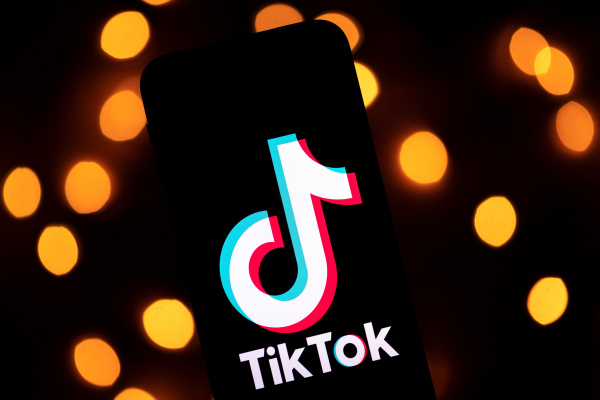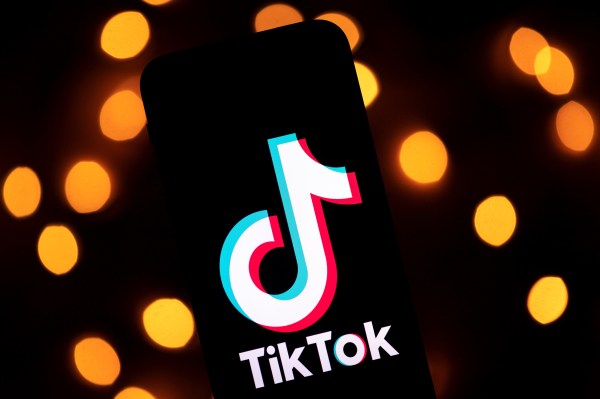Instagram CEO, ACLU slam TikTok and WeChat app bans for putting US freedoms into the balance


As people begin to process the announcement from the U.S. Department of Commerce detailing how it plans, on grounds of national security, to shut down TikTok and WeChat — starting with app downloads and updates for both, plus all of WeChat’s services, on September 20, with TikTok following with a shut down of servers and services on November 12 — the CEO of Instagram and the ACLU are among those speaking out against the move.
The CEO of Instagram, Adam Mosseri, wasted little time in taking to Twitter to criticize the announcement. His particular beef is the implication the move will have for U.S. companies — like his — that also have built their businesses around operating across national boundaries.
In essence, if the U.S. starts to ban international companies from operating in the U.S., then it opens the door for other countries to take the same approach with U.S. companies.
Meanwhile, the ACLU has been outspoken in criticizing the announcement on the grounds of free speech.
“This order violates the First Amendment rights of people in the United States by restricting their ability to communicate and conduct important transactions on the two social media platforms,” said Hina Shamsi, director of the American Civil Liberties Union’s National Security Project, in a statement today.
Shamsi added that ironically, while the U.S. government might be crying foul over national security, blocking app updates poses a security threat in itself.
“The order also harms the privacy and security of millions of existing TikTok and WeChat users in the United States by blocking software updates, which can fix vulnerabilities and make the apps more secure. In implementing President Trump’s abuse of emergency powers, Secretary Ross is undermining our rights and our security. To truly address privacy concerns raised by social media platforms, Congress should enact comprehensive surveillance reform and strong consumer data privacy legislation.”
Vanessa Pappas, who is the acting CEO of TikTok, also stepped in to endorse Mosseri’s words and publicly asked Facebook to join TikTok’s litigation against the U.S. over its moves.
“We agree that this type of ban would be bad for the industry. We invite Facebook and Instagram to publicly join our challenge and support our litigation,” she said in her own tweet responding to Mosseri, while also retweeting the ACLU. (Interesting how Twitter becomes Switzerland in these stories, huh?) “This is a moment to put aside our competition and focus on core principles like freedom of expression and due process of law.”
The move to shutter these apps has been wrapped in an increasingly complex set of issues, and these two dissenting voices highlight not just some of the conflict between those issues, but the potential consequences and detriment of acting based on one issue over another.
The Trump administration has stated that the main reason it has pinpointed the apps has been to “safeguard the national security of the United States” in the face of nefarious activity out of China, where the owners of WeChat and TikTok, respectively Tencent and ByteDance, are based:
“The Chinese Communist Party (CCP) has demonstrated the means and motives to use these apps to threaten the national security, foreign policy, and the economy of the U.S.,” today’s statement from the U.S. Department of Commerce noted. “Today’s announced prohibitions, when combined, protect users in the U.S. by eliminating access to these applications and significantly reducing their functionality.”
In reality, it’s hard to know where the truth actually lies.
In the case of the ACLU and Mosseri’s comments, they are highlighting issues of principles but not necessarily precedent.
It’s not as if the U.S. would be the first country to take a nationalist approach to how it permits the operation of apps. Facebook and its stable of apps, as of right now, are unable to operate in China without a VPN (and even with a VPN, things can get tricky). And free speech is regularly ignored in a range of countries today.
But the U.S. has always positioned itself as a standard-bearer in both of these areas, and so apart from the self-interest that Instagram might have in advocating for more free-market policies, it points to wider market and business position that’s being eroded.
The issue, of course, is a little like an onion (a stinking onion, I’d say), with well more than just a couple of layers around it, and with the ramifications bigger than TikTok (with 100 million users in the U.S. and huge in pop culture beyond even that) or WeChat (much smaller in the U.S. but huge elsewhere and valued by those who do use it).
The Trump administration has been carefully selecting issues to tackle to give voters reassurance of Trump’s commitment to “Make America Great Again,” building examples of how it’s helping to promote U.S. interests and demote those that stand in its way. China has been a huge part of that image building, positioned as an adversary in industrial, defence and other arenas. Pinpointing specific apps and how they might pose a security threat by sucking up our data fits neatly into that strategy.
But are they really security threats, or are they just doing the same kind of nefarious data ingesting that every social app does in order to work? Will the U.S. banning them really mean that other countries, up to now more in favor of a free market, will fall in line and take a similar approach? Will people really stop being able to express themselves?
Those are the questions that Trump has forced into the balance with his actions, and even if they were not issues before, they have very much become so now.
TechCrunch


















